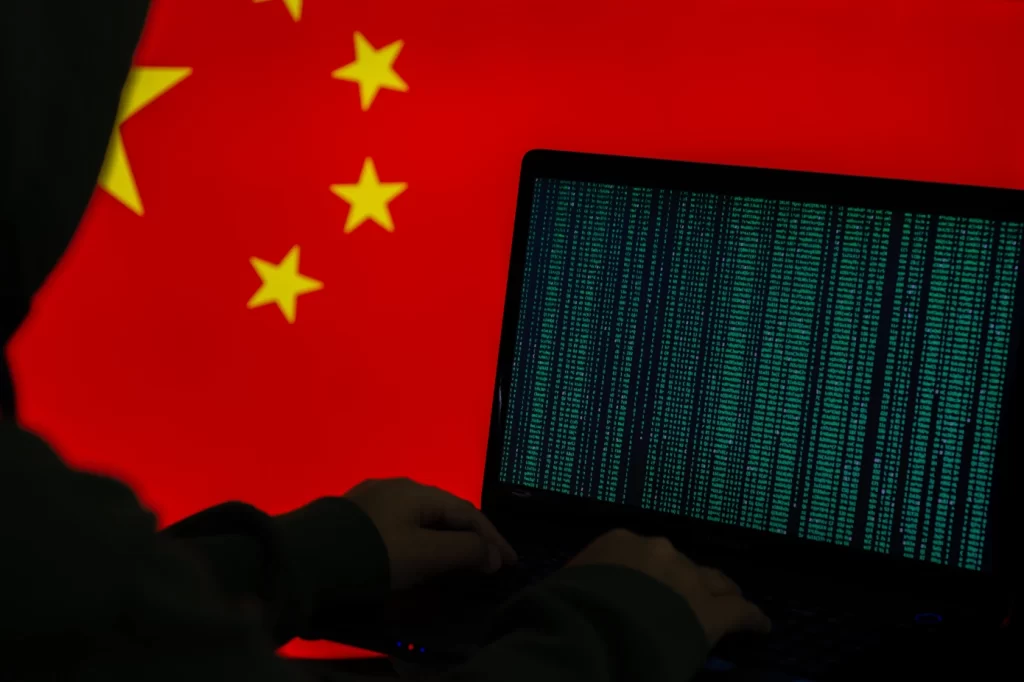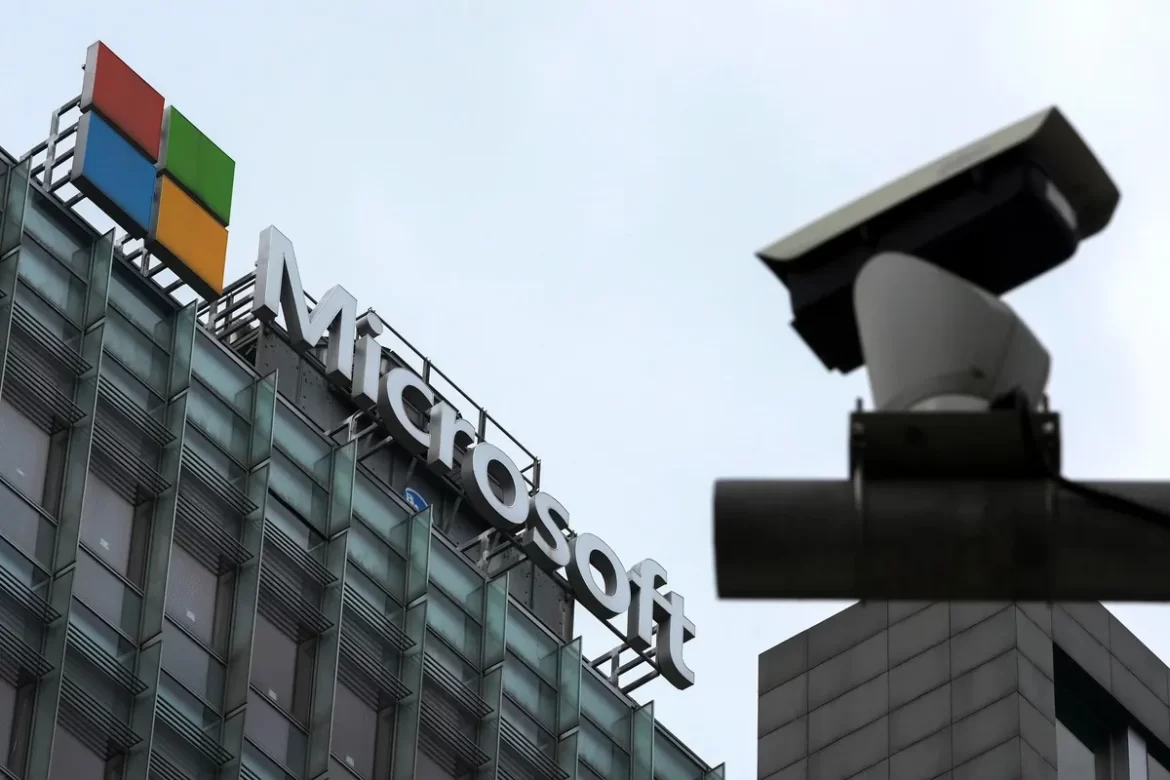Microsoft Corp. claimed to have discovered malicious behavior carried out by a Chinese state-sponsored hacking outfit that has secretly acquired access to US and Guam critical infrastructure organizations with the likely intention of sabotaging vital communications in the case of a crisis.
According to a study released by Microsoft on Wednesday, the Volt Typhoon hacking gang has been active since mid-2021 and has targeted businesses in the manufacturing, construction, marine, government, information technology, and education sectors. Microsoft said that it had “directly notified targeted or compromised customers” of the activity and had “moderate confidence” in its ability to determine that it was being done in order to disrupt communications in the event of a future crisis.

As tensions with China rise, including the potential that it might use its military to enforce its claim to the self-governing island of Taiwan, Guam, a US island territory located 1,600 miles (about 2,600 kilometers) east of Manila, has grown in significance as a military and strategic hub.As tensions with China rise, including the potential that it might use its military to enforce its claim to the self-governing island of Taiwan, Guam, a US island territory located 1,600 miles (about 2,600 kilometers) east of Manila, has grown in significance as a military and strategic hub. According to Microsoft, volt Typhoon originally got access to the targeted organizations using internet-facing devices made by Sunnyvale, California-based cybersecurity firm Fortinet Inc. Microsoft also said it was still looking into how Volt Typhoon gained access to the targeted organizations.
READ ALSO-Microsoft CEO Satya Nadella’s Statement on the Relation with OpenAI a Game-Changer
According to Microsoft, the hackers extracted additional credentials to authenticate to other devices on the networks using whatever rights they could obtain from the Fortinet devices. According to Microsoft, the hackers’ goal was to “perform espionage and maintain access without being discovered for as long as possible” there.
An inquiry for comment was not answered by a Fortinet representative. Microsoft’s spokesman declined to provide any context for the claim.



